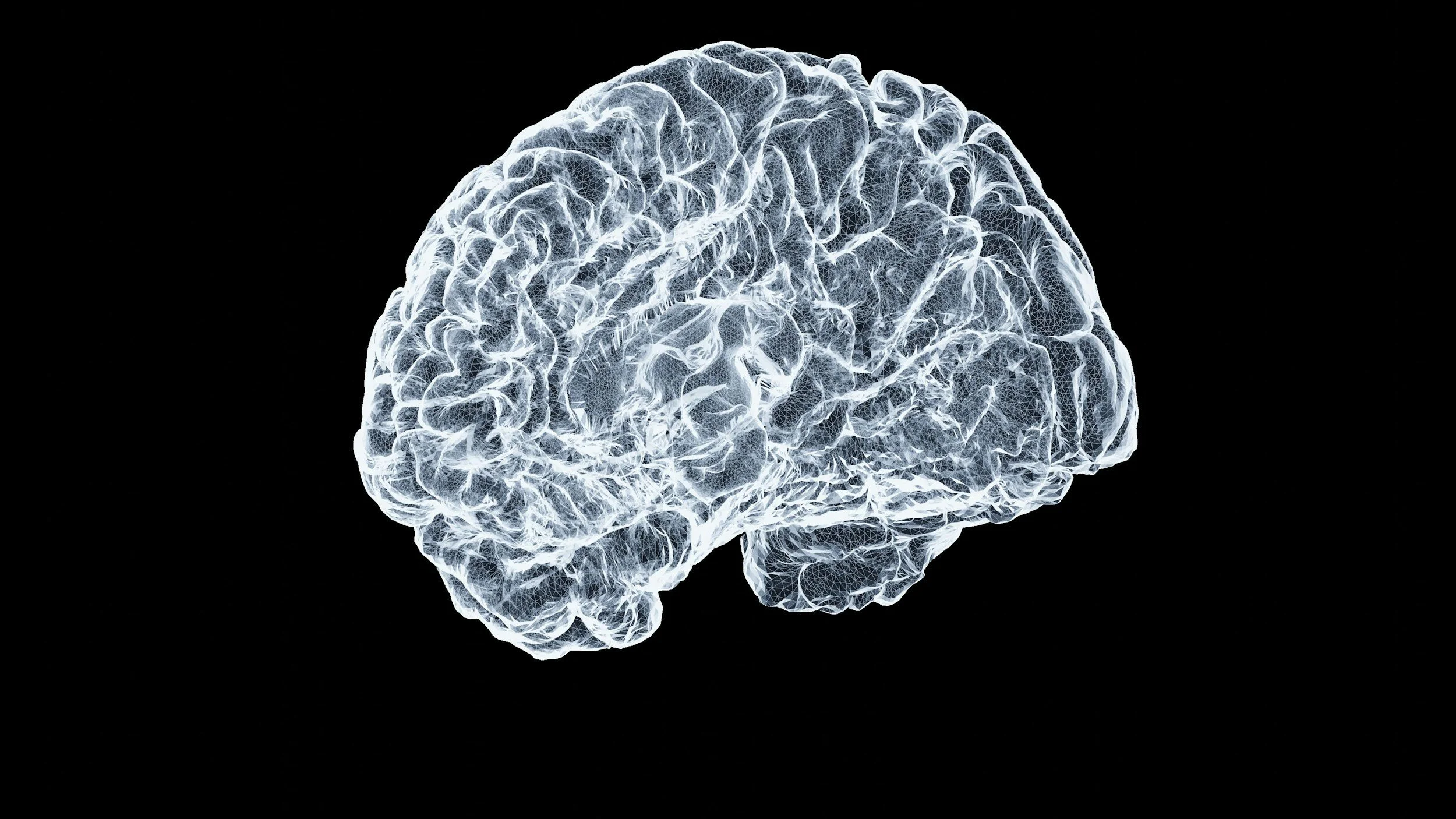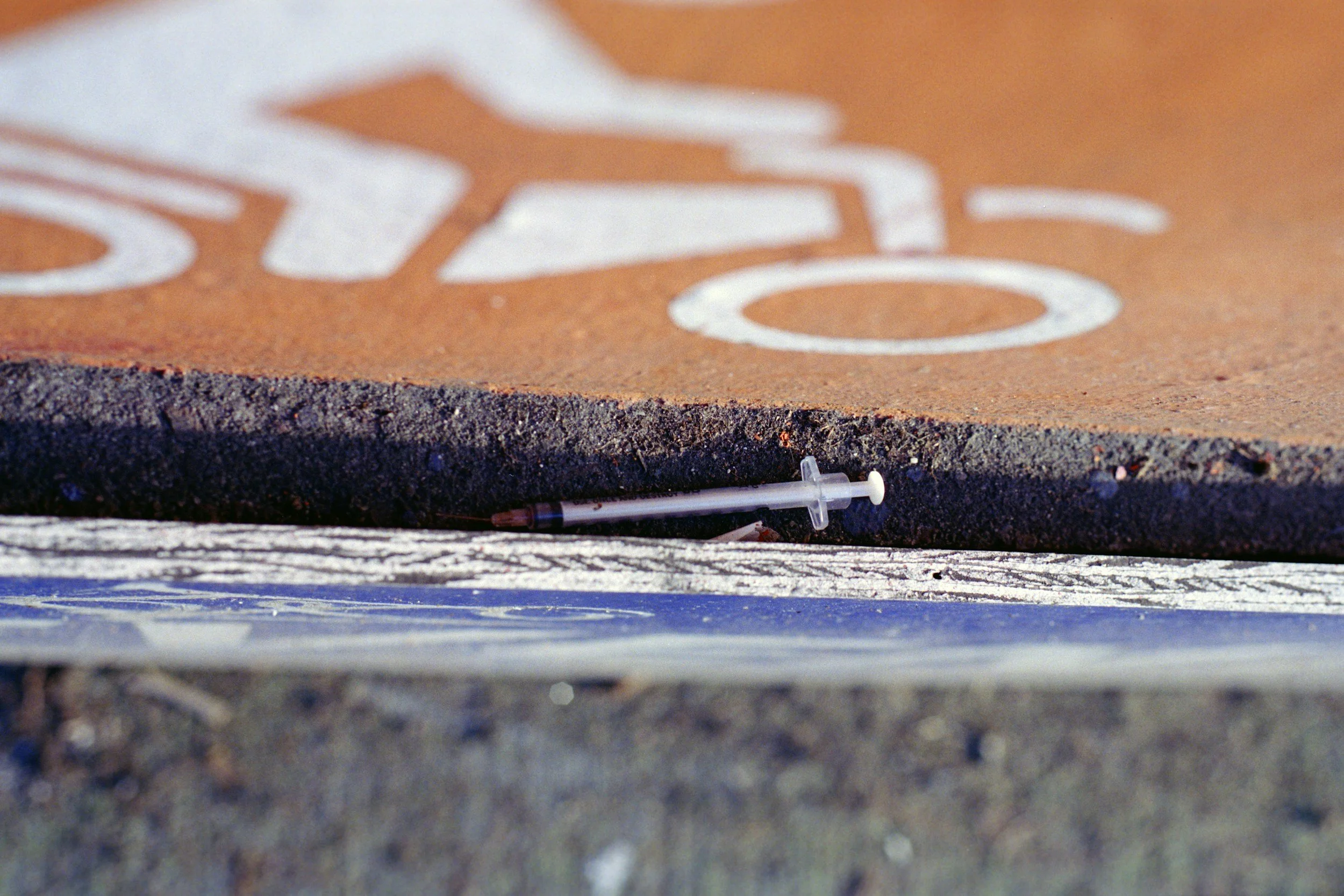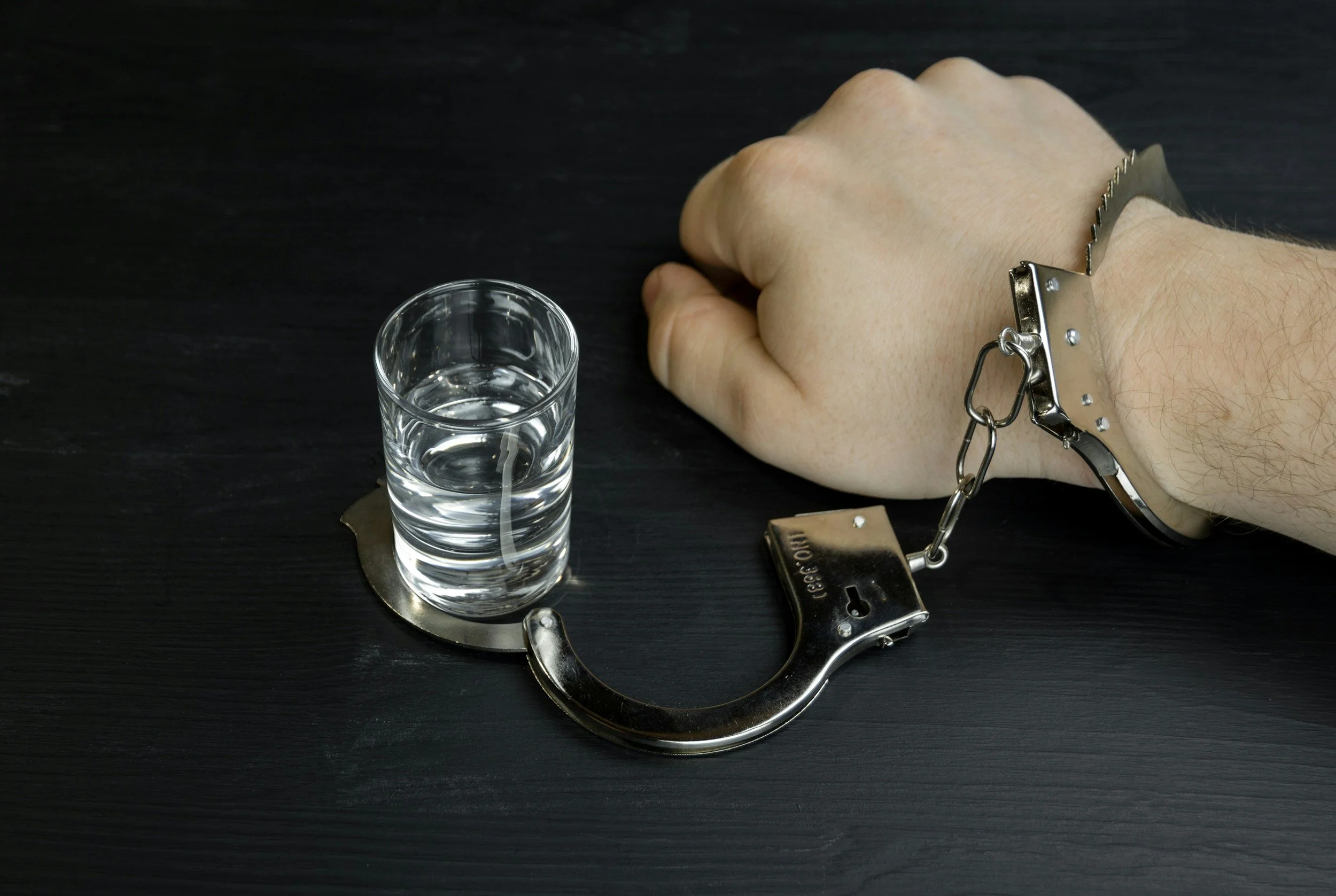Blog

Are We Treating Addiction — or Just Medicating It?
In the addiction field, we talk a lot about “root causes.” Trauma. Stress. Disconnection. Emotional pain. Genetics. Environment. Learned coping patterns. These are the forces that shape a person’s relationship with substances long before the first drink, pill, or hit ever becomes a problem.
Yet in the broader healthcare system, addiction is often approached through a very different lens — one shaped heavily by the pharmaceutical industry. Medications can play a valuable role in stabilizing people, reducing harm, and supporting recovery. But when medication becomes the primary or only intervention, something essential gets lost.
From where I sit as an addiction specialist, the issue isn’t that pharma is “evil” or intentionally blocking recovery. It’s that the system is built to prioritize symptom management over root‑cause healing, and pharmaceutical solutions fit neatly into that model.
Let’s unpack what that means.

Breaking the Cycle: How Polysubstance Abuse and Behavioural Addictions Hijack the Brain’s Reward System
Addiction rarely arrives as a single, isolated problem. In my work as an addiction specialist, I’ve seen how often substance use overlaps with behavioural addictions — gambling, compulsive sexual behaviour, gaming, shopping, even chronic social media use. When these patterns combine, they don’t just add up; they amplify one another, creating a powerful and destructive loop within the brain’s reward circuitry.
Understanding what’s happening inside the brain is one of the most empowering steps a person can take. Addiction is not a moral failure. It’s a neurobiological trap — but one that can be escaped with the right structure, support, and sustained action.

Polysubstance Use and the Path to Fentanyl Addiction: Understanding the Risks and the Road to Recovery
By: An Addiction Specialist
Polysubstance use—mixing or alternating between multiple substances—is one of the most dangerous patterns I see in addiction work. Many people don’t start with fentanyl. They begin with alcohol, cannabis, cocaine, benzodiazepines, or prescription opioids. Over time, tolerance grows, the brain adapts, and the search for a stronger or more reliable high begins.
This is often where fentanyl enters the picture—sometimes intentionally, sometimes without the person even knowing. And once fentanyl becomes part of the cycle, the risks escalate dramatically.

When Someone You Love Is Struggling: How Loved Ones Can Seek Help for Addiction
A perspective from an addiction specialist
When a partner, child, sibling, or close friend is battling addiction—whether it’s substances like alcohol or drugs, or behavioural addictions like gambling, pornography, or compulsive spending—the emotional weight can be overwhelming. Loved ones often carry fear, confusion, guilt, and exhaustion, all while trying to “hold everything together.”
As an addiction specialist, I want to say this clearly: you deserve support too. Addiction affects the entire family system, and healing requires care for everyone involved—not just the person using.

Acute vs. Chronic Alcoholism: Understanding the Difference
Acute alcoholism refers to short-term, high-intensity drinking episodes (often binge drinking), while chronic alcoholism is a long-term, progressive condition marked by dependence and lasting health consequences. Both require different treatment approaches, and binge drinking sits on a dangerous line that can tip into chronic addiction.

Chronic Alcoholism: The Battle Beneath the Surface
Alcoholism is not simply “drinking too much.” It is a chronic, progressive illness that rewires the brain, erodes relationships, and devastates health. For those caught in its grip, the struggle is not just about alcohol—it’s about the insidious cycle of relapse, the phenomenon of craving, and the baffling inability to stop despite devastating consequences.

Alcoholism & Drug Addiction: Why Treatment Is Essential
Addiction is often misunderstood. Many people see it as a matter of willpower, a bad habit, or a moral failing. But as an addiction specialist, I know the truth: alcoholism and drug addiction are chronic medical conditions that demand treatment. Left unaddressed, they erode health, relationships, and purpose. Managed with care, they can become the foundation for profound transformation.

Internet Gambling: The Hidden Trap of the Digital Age
The rise of internet gambling has transformed the way people engage with games of chance. What once required a trip to a casino or betting shop can now be accessed instantly from a smartphone or laptop. While this convenience may seem harmless, it has created a dangerous environment where addiction can thrive—and where vulnerable individuals, including minors, are at risk.

Dopamine Overload and Teen Behavioral Addictions: What Parents Need to Know—and Do
We often think of addiction in terms of substances—alcohol, drugs, nicotine. But in today’s digital world, many teens are falling into a different kind of trap: behavioral addictions. These include compulsive use of social media, video games, online shopping, pornography, and even exercise or risk-taking. At the root of these behaviors is a powerful brain chemical: dopamine.

The Slippery Slope of Switching Substances: Trading One Addiction for Another
Recovery isn’t just about quitting a substance—it’s about changing a lifestyle, rewiring the brain, and healing the spirit. But one of the most common traps I see in early recovery is the belief that switching substances is safer than stopping altogether. For example, someone who’s quit marijuana and cocaine might think, “I’ll just drink socially now—it’s legal, it’s normal, it’s not my problem.”

Chronic Marijuana Use and Behavioral Addictions: A Hidden Link
As an addiction specialist, I’ve seen firsthand how substance use and behavioral addictions often intertwine in complex and surprising ways. One of the most overlooked relationships is the correlation between chronic marijuana use and behavioral addictions such as pornography and video gaming. While these behaviors may seem unrelated on the surface, they often share underlying psychological mechanisms—and when combined, they can reinforce each other in ways that deepen dependency and impair functioning.

Loving Someone with Addiction: The Courage to Set Boundaries and Follow Through
Living with a partner who suffers from addiction is one of the most emotionally complex experiences a person can face. You love them. You’ve built a life together. You’ve seen their potential, their tenderness, their dreams. But addiction doesn’t care about love—it hijacks the brain, distorts behavior, and erodes trust.
As an addiction specialist, I’ve worked with countless spouses and partners who feel torn between compassion and survival. They ask: “How do I help without losing myself?” “When do I draw the line?” “What do I do when promises are broken again and again?”
This blog is for you.

The Sinclair Method: A Science-Based Path to Changing Your Relationship with Alcohol
For decades, the dominant narrative around alcohol recovery has centered on abstinence. But what if there were a way to reduce drinking without requiring total sobriety from day one? What if neuroscience could help retrain the brain’s reward system to weaken the grip of alcohol over time?
Enter: The Sinclair Method (TSM)—a medically grounded, evidence-based approach that’s changing how we think about alcohol use disorder.

The First 30 Days: Why Detox Is the Gateway to Healing
In the world of addiction recovery, few steps are as critical—or as misunderstood—as detox. It’s often seen as a hurdle to get past, a painful necessity before “real” treatment begins. But as an addiction specialist, I see detox differently. It’s not just a medical process—it’s a sacred reset. It’s the moment when the mind, body, and spirit begin to reclaim their original rhythm after being hijacked by substances.
The first 30 days of detox are intense, yes—but they’re also profoundly transformative.

The Power of Humility in Early Recovery: Why Less Is More
Recovery is not a sprint—it’s a slow, deliberate walk back to yourself. In the early stages, it’s tempting to believe that now that the substance is gone, life should resume at full speed. But here’s the truth: early recovery is sacred ground. It’s where the foundation is laid, and humility is the cornerstone.

The Power of Recovery: Why Honesty with Yourself Is Everything
Recovery isn’t just about quitting a substance or behavior—it’s about reclaiming your life. It’s about waking up each day with clarity, purpose, and the ability to face yourself in the mirror without flinching. And at the heart of every successful recovery journey lies one non-negotiable principle: radical honesty with oneself.

The Highs and Lows of Early Sobriety: Managing Stress and Over-Excitement
Early sobriety is a fragile, powerful time. For many, it feels like waking up after years of emotional numbness. Suddenly, everything is louder—joy, fear, hope, anxiety. But here’s the paradox: both stress and over-excitement can be dangerous in early recovery. As an addiction specialist, I’ve seen how these emotional extremes can trigger relapse if not understood and managed.
Let’s explore why this happens—and how to stay grounded while rebuilding your life.

“I’ll Just Control It Today and Stop Tomorrow”: The Lie Addiction Loves
If you’ve ever struggled with alcohol or substance use—or loved someone who has—you’ve likely heard this phrase:
“I’ll just control it today. I’ll stop tomorrow.”
It sounds rational. It sounds hopeful. But as an addiction specialist, I can tell you: this thought is not a plan. It’s a trap.
This mindset is one of the most insidious cognitive distortions in addiction. It masquerades as self-control, but it’s actually the voice of denial, bargaining, and fear. Let’s unpack why this thinking is so dangerous—and how to break free from it.

When Is the Right Time to Go to Detox?
If you’re reading this, chances are you—or someone you love—has tried to quit using substances more than once. Maybe you’ve promised yourself it was the last time. Maybe you’ve flushed pills, poured out bottles, or deleted dealer contacts. And maybe, despite your best intentions, you’ve found yourself right back where you started.
Let me say this clearly: you are not weak. You are not broken. You are human.
But if the cycle keeps repeating, it may be time to stop trying to do this alone—and start considering detox.

Why Recovery Is Worth It: From Pain to Purpose
If you’re standing at the edge of recovery, wondering whether it’s worth the fight—let me speak to you directly. I’ve walked alongside people in the darkest corners of addiction, and I’ve seen what happens when they choose to rise. Recovery is not easy. In fact, the beginning can feel like the hardest thing you’ll ever do. But the rewards? They’re life-changing. They’re soul-restoring. They’re worth every tear, every craving, every moment of doubt.
